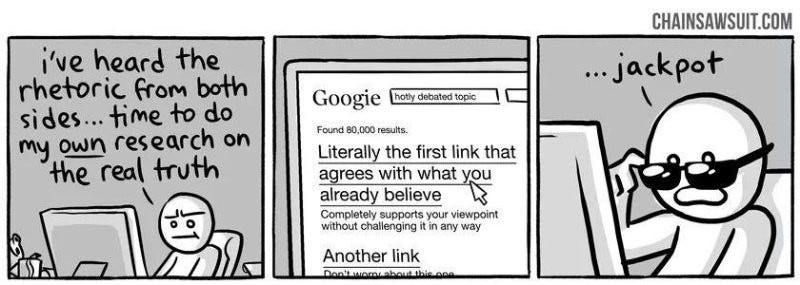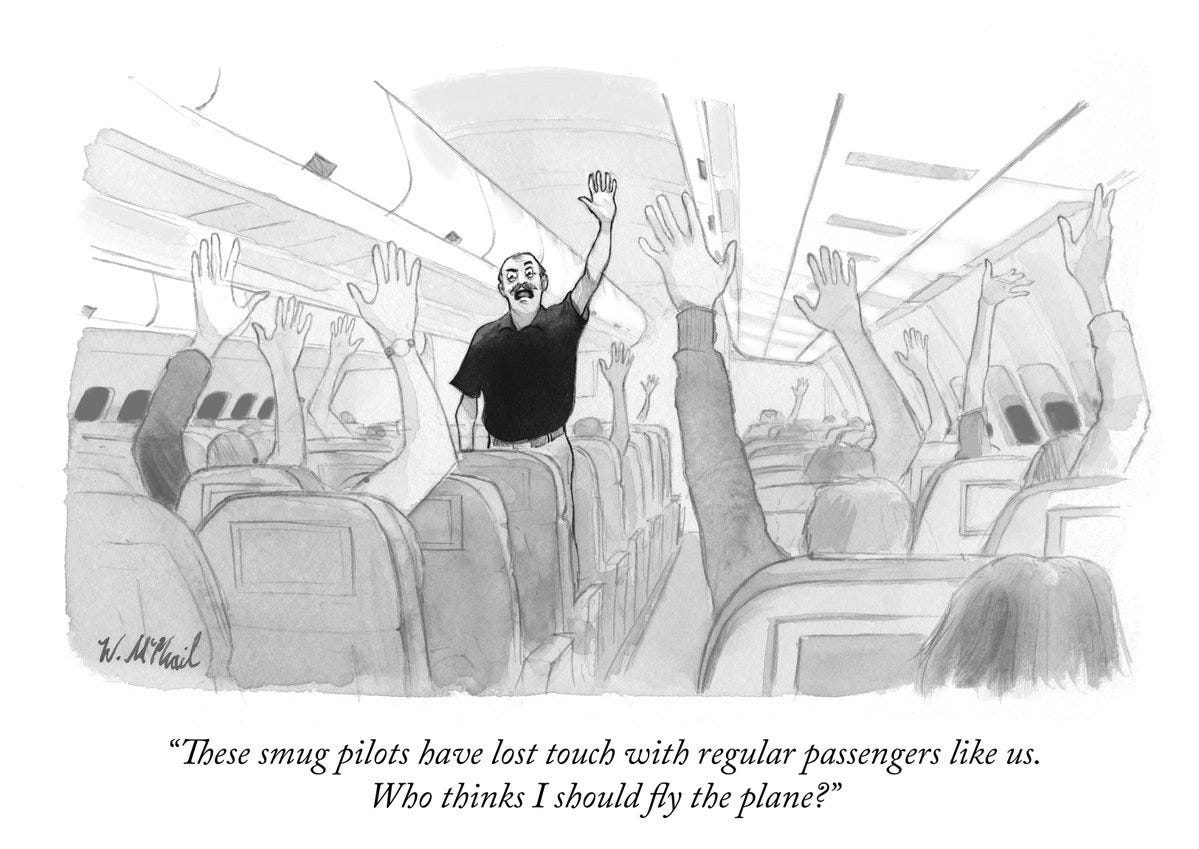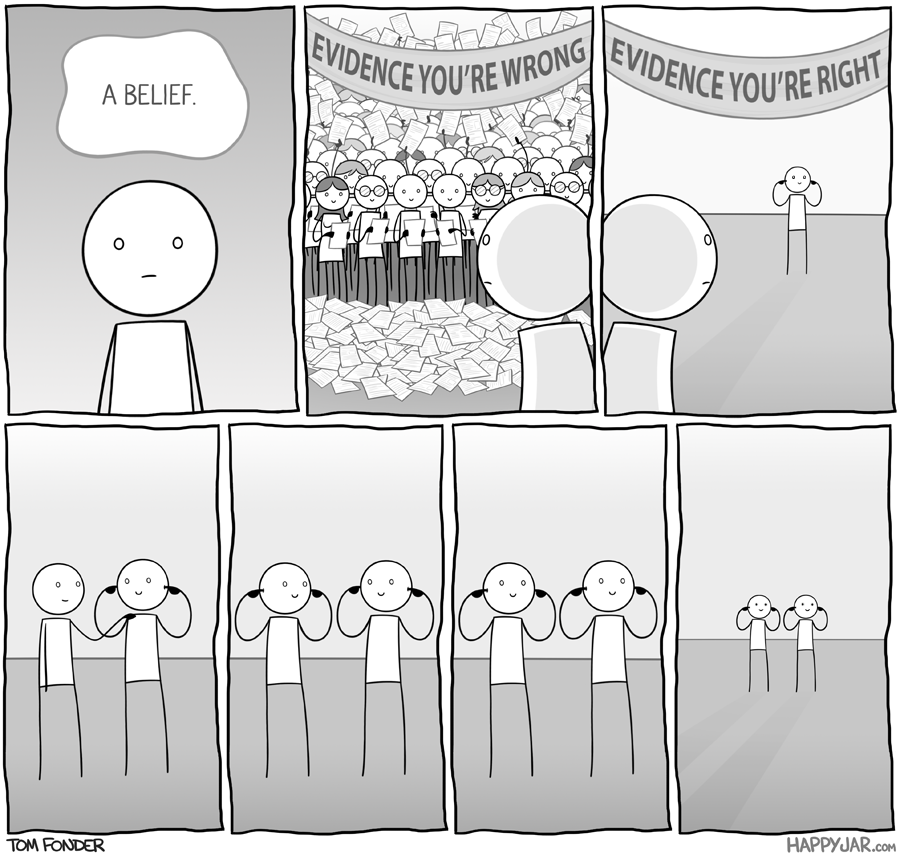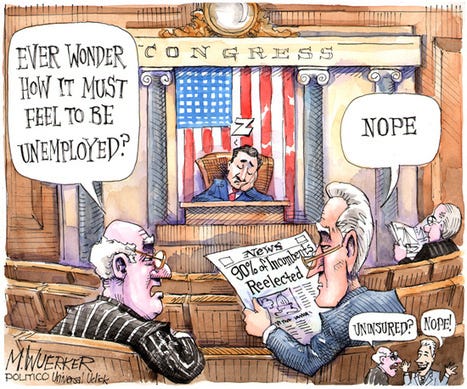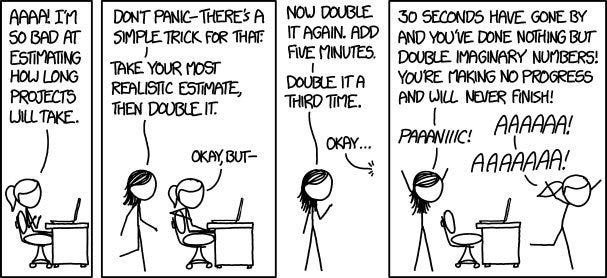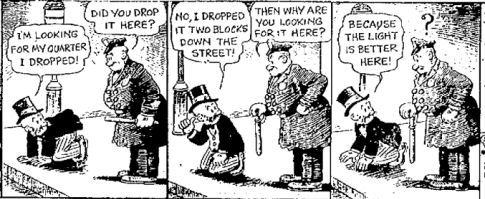 |
| Boodle and Annette in 1989 |
I had never taken much notice of how much petrol I used, probably the result of having it free from the farm in my youth, and I think that almost the first time I noticed that I was using a lot was in 2005 when I saw that the Lexus 4x4 was returning 12mpg in London driving. And that was after I had driven 5.0 litre Jaguars and Daimlers that must have been even more thirsty.
 |
| The first Lexus at Richmond. This was actually quite frugal car despite its sportiness as it was a 2.5 twin-turbo |
But in those days, apart from looking at the mileometer and working it out from when one filled up at the pump, there was little way of knowing what mpg the car was doing. In any event, petrol was then relatively inexpensive and few had connected climate change to the use of cars.
 |
| Kei in the Lexus 4x4 - much more thirsty especially in London driving |
 |
| My first Pruis on Old Winchester Hill. |
It was the drumbeat of climate change reports in early 2019 that caused me to look again at the mpg that I was achieving and think about how to improve it. It turned out to be less difficult that I imagined. I set the car to 'eco' and drove more slowly, and found that I could maintain an mpg of about 63 in normal conditions and up to 65 mpg on long journeys, a marked improvement. And of course my gentler driving style scarcely altered the time taken to reach my destination, and indeed it became obvious to me that the time taken to reach anywhere isn't the point. What matters is to set out in good time and not hurry.
I would now like to further improve my mpg by getting a plug-in hybrid or even a full electric car, but will wait until my car needs changing before making the switch. In the meantime, I am enjoying the challenge of getting the best mpg I can out of the current Prius while becoming a petrol-saving bore.
Update in April 2019: On a two-hour drive along the A272 in April, the Prius achieved a whisker short of 70 mpg - 69.9 - and the missing .1 was because the last 100 yards was up a steep uphill drive!
Update in May 2019: 75 mpg achieved on a 140 mile run up and down to London.
Update in May 2021: On e the same A272 journey as in April 2019, we achieved 71.7 mpg.
Some comparisons to think about:
2L Petrol-engined car: average life 300,000 miles @30mpg = 10,000 gals or 38,000 litres of petrol costing £47,500 @£1.25 a litre.
Hybrid car: average life 300,000 miles @60mpg = 5000 gals or 19,000 litres costing £23,750. It's also worth noting that road tax is Nil.
EV 300,000 miles @ 0mpg - petrol cost nil, but about £500 a year to charge at home overnight and about £5 for a quick charge at a charging station. Also Nil road tax.
Some comparisons to think about:
2L Petrol-engined car: average life 300,000 miles @30mpg = 10,000 gals or 38,000 litres of petrol costing £47,500 @£1.25 a litre.
Hybrid car: average life 300,000 miles @60mpg = 5000 gals or 19,000 litres costing £23,750. It's also worth noting that road tax is Nil.
EV 300,000 miles @ 0mpg - petrol cost nil, but about £500 a year to charge at home overnight and about £5 for a quick charge at a charging station. Also Nil road tax.
NB 1 gallon of petrol contains 33kwt/hour of energy. Electricity costs £0.16 a kwt, so electricity is a bit more expensive than petrol, but an EV goes much far further on the same amount of energy. A Tesla has a 72 kwt/h battery, the equivalent to a 2 gallon tank, but goes 330 miles on that amount of electricity, and so is much cheaper to run.
Having talked to a number of people about this, I am struck by the entrenched attitudes that I encounter. The most common is that none of this makes any real difference, so why bother, and 'as most pollution comes from China and the US, it is they who should tackle the problem'. This, however, isn't the whole story, and driving fuel-hungry cars does actually make a difference.
The fact is that we are all responsible for polluting the planet, and in fact, CO2 pollution really started right here in the UK in about the 1850s as heavy industrialisation became widespread. NASA have just released a study of tree-rings that shows increased CO2 levels beginning at that time. As we (the industrialised countries) have benefited from more than a century of industrial activity, even though some are now using less fossil fuel than we once did, we actually have the most responsibility for its global effects. The other point is that we should try and use as little of the earth's resources as we can, and conserve what we can, as a careless attitude to the use of energy and other resources breeds a similar careless attitude to conservation in general, leading to a decline in many species.
How to Be a Bore about Almost Anything
The Scourge of Intensive Farming
Having talked to a number of people about this, I am struck by the entrenched attitudes that I encounter. The most common is that none of this makes any real difference, so why bother, and 'as most pollution comes from China and the US, it is they who should tackle the problem'. This, however, isn't the whole story, and driving fuel-hungry cars does actually make a difference.
The fact is that we are all responsible for polluting the planet, and in fact, CO2 pollution really started right here in the UK in about the 1850s as heavy industrialisation became widespread. NASA have just released a study of tree-rings that shows increased CO2 levels beginning at that time. As we (the industrialised countries) have benefited from more than a century of industrial activity, even though some are now using less fossil fuel than we once did, we actually have the most responsibility for its global effects. The other point is that we should try and use as little of the earth's resources as we can, and conserve what we can, as a careless attitude to the use of energy and other resources breeds a similar careless attitude to conservation in general, leading to a decline in many species.
How to Be a Bore about Almost Anything
The Scourge of Intensive Farming




